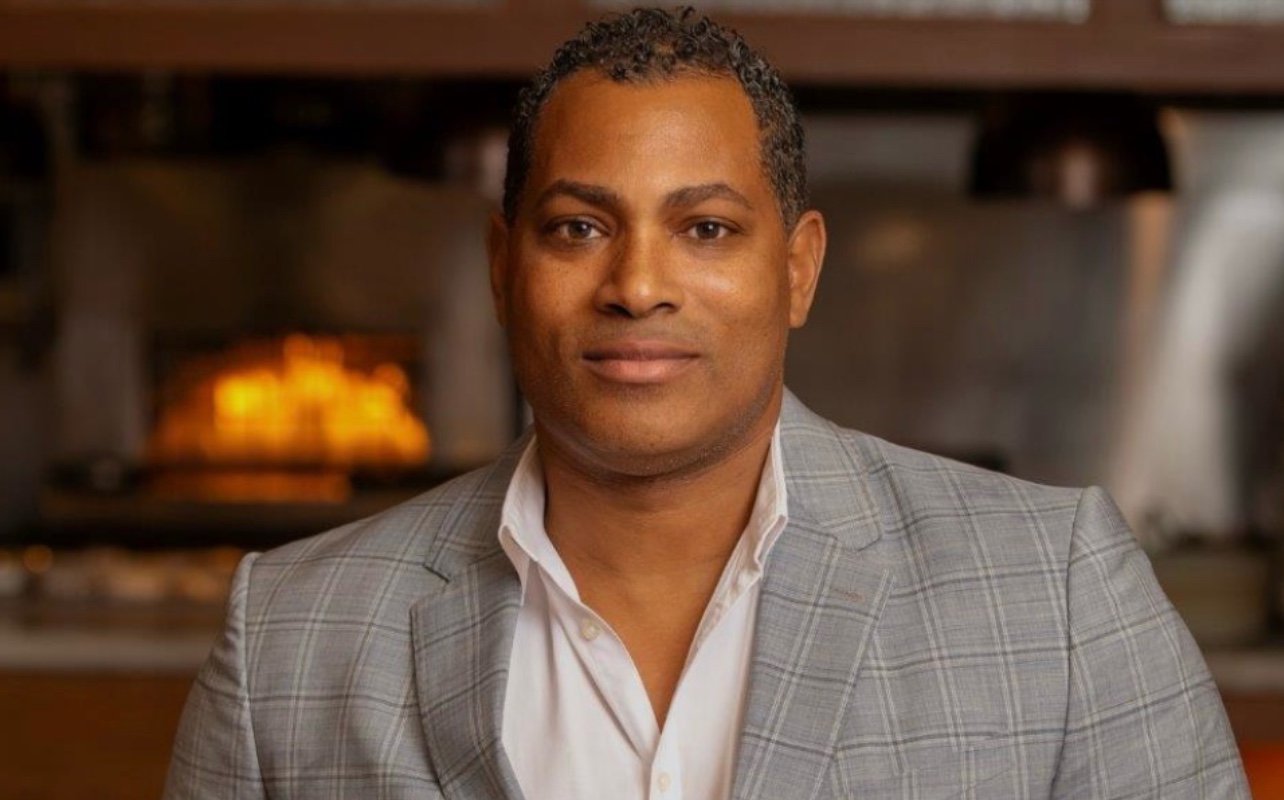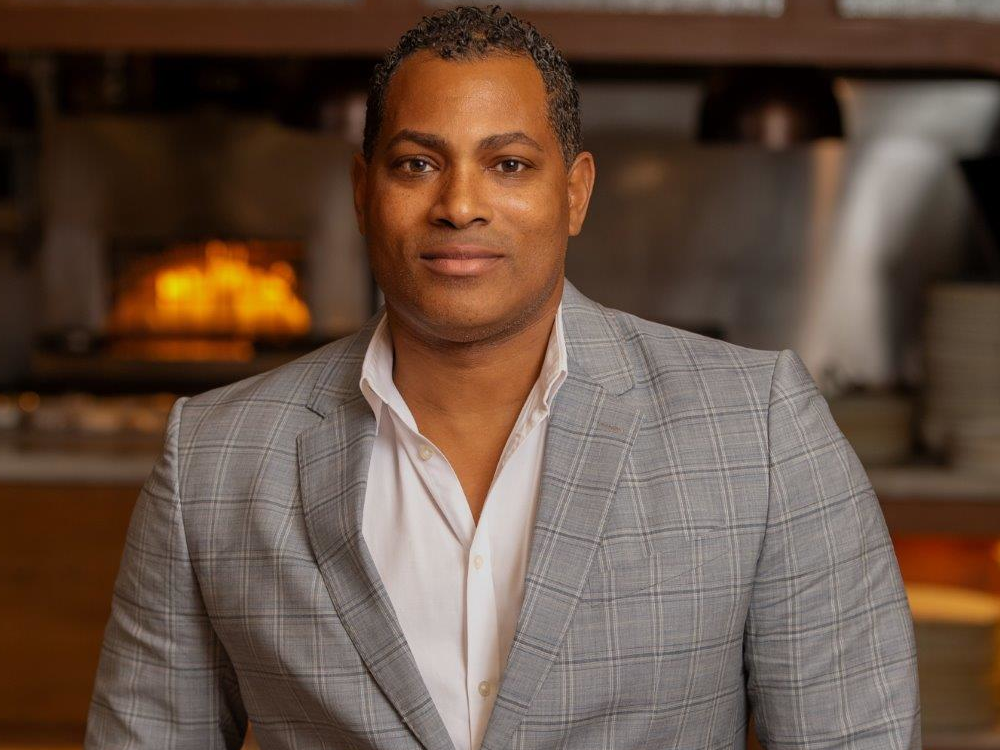
August 2, 2024
Cultural Capital Is Key for Developer Derek Fleming
Cultural capital is more than a phrase in the heart of historic Black communities; it's a lifeline.

Cultural capital is more than a phrase in the heart of historic Black communities; it’s a lifeline.
Derek Fleming, a senior executive at HR&A and an entrepreneurial powerhouse behind the acclaimed Red Rooster restaurants, has dedicated his career to uplifting underserved communities through strategic real estate development, preserving the physical landmarks of these experiences. His work, particularly in partnership with celebrity chef Marcus Samuelsson, has transformed neighborhoods and created economic opportunities for residents.
The tradition of orally passing down stories within families and communities has always been vital for Black communities. Due to the impacts of slavery and racism, many Black families have struggled to keep physical records of their ancestors. Additionally, there has been a recent trend toward removing or altering the documented history of Black Americans in school curriculums across the nation.
BLACK ENTERPRISE caught up with Fleming to discuss his commitment to the community, the power of business partnerships, and dedication to cultural capital in economic revitalization.
Economic Reviatalization
“Finding my passion in real estate early on, while studying at Berkeley, was a blessing,” Fleming says. “For me, it has always been about using the power of development to uplift communities that have been inequitably resourced.”
This philosophy has guided Fleming’s work, mainly through his firm HR&A’s cultural capital practice. Here, he works on projects that revitalize communities, creating new opportunities for wealth creation for residents. His approach blends design, marketing, and public-private partnerships with an authentic representation of cultural heritage.
Fleming’s dedication to economic revitalization is evident in his response to the hospitality industry’s post-pandemic challenges. “We’re not just facing inflation,” he explains. “We’re facing a whole new set of challenges. Supplies, labor, provisions—the costs have all skyrocketed. But we’re not just sitting back and letting it happen.” Fleming and his team have been proactive, focusing on sourcing and staffing structures to maintain quality while managing costs. “It’s a tough road, but we’re navigating it with resilience and determination,” he adds, highlighting the strategic adjustments that have allowed Red Rooster to thrive.
Community and Collaboration
The partnership between Fleming and Samuelsson is a testament to the power of collaboration and community impact.
“Marcus and I have been friends for nearly 20 years,” Fleming shares. “After I completed business school, we came together with Andrew Chapman to launch the Rooster brand to impact the Harlem community positively. The jobs we’ve been able to create, the highlighting of our community and its aesthetic, and the placemaking have proven the power of our culture when shared respectfully and with purpose.”
Designing the space for Red Rooster Overtown (Miami) was a deeply personal project for Fleming. “I allowed myself to be inspired by the icons who once visited and socialized there,” he says. The space, once a local hangout for Miami’s Black diaspora and frequented by luminaries like Aretha Franklin and Muhammad Ali, reflects the vibrant blend of southern, Caribbean, and Afro-Latinx cultures. “Overtown is remarkable in Miami and within our national cultural landscape,” Fleming explains. “We hope the space appropriately represents that distinction while preserving the cultural capital.”
The Pool Hall, a recent addition to Red Rooster Overtown (Miami), is a hybrid community space and entertainment venue. It hosts neighborhood meetings and gatherings to support local non-profits while providing a spaces “to host festive gatherings, celebrating the rich mix of music from our diaspora,” Fleming says.
With its rich cultural offerings, this space has become a catalyst for further redevelopment efforts in Overtown, demonstrating the inspiring power of culturally significant venues in economic revitalization.
Equity and Inclusion In Urban America
Fleming’s commitment to community development and maintaining cultural capital extends beyond his entrepreneurial ventures. As a board member of Harlem’s 125th Street Business Improvement District and the Neighborhood Charter School and a participant in the Mayor’s Institute on City Design, he works alongside other leaders to address equity, inclusion, and resilience issues in urban America.
His dedication and active participation in these initiatives reassure us about the future of urban America. “I look forward to doing more of this work and investing in real estate that holistically works alongside policy efforts to uplift BIPOC, particularly African American and Latinx communities nationwide,” he says.
Through his work, Fleming continues to build bridges between economic opportunity and cultural preservation, ensuring that these neighborhoods’ vibrant histories are remembered and celebrated. His work gives us hope for the future of these neighborhoods.